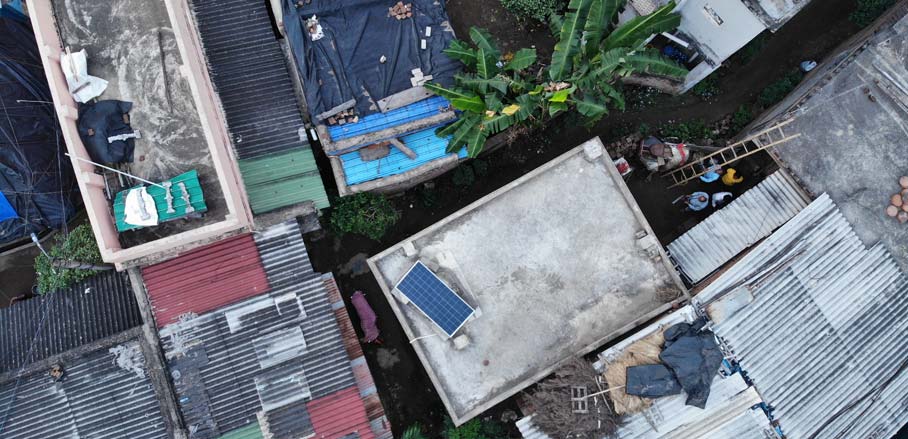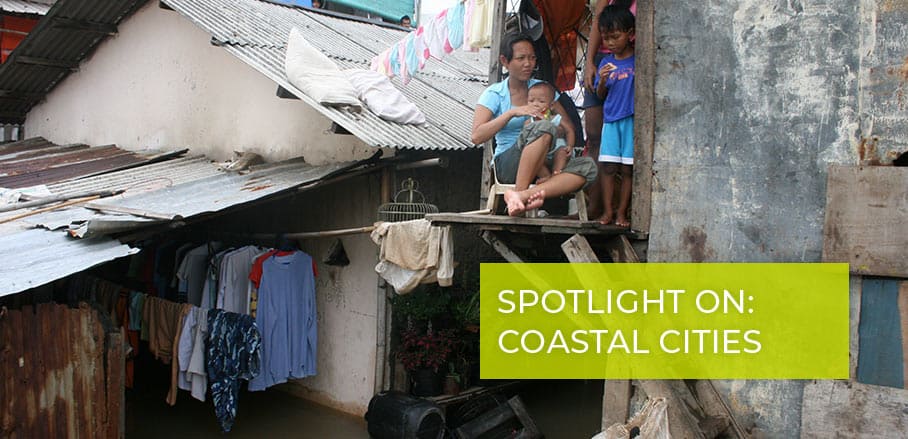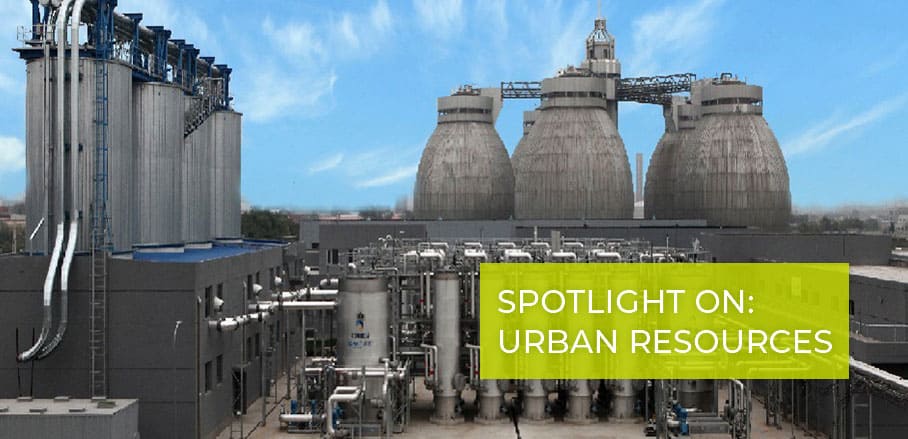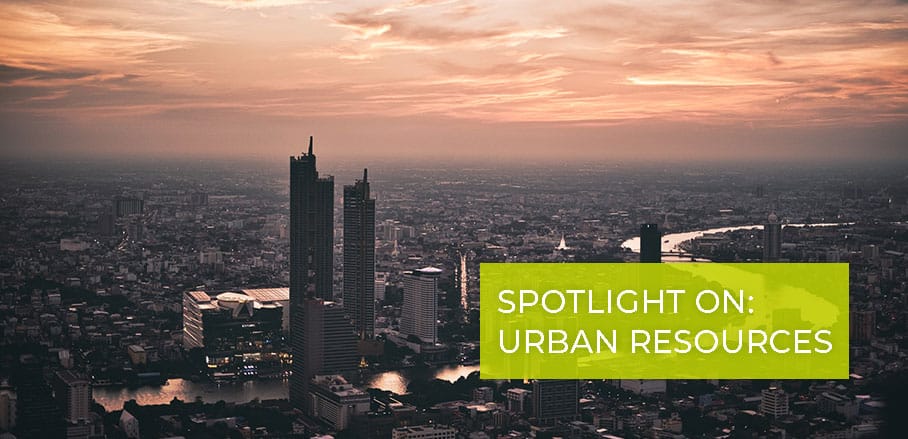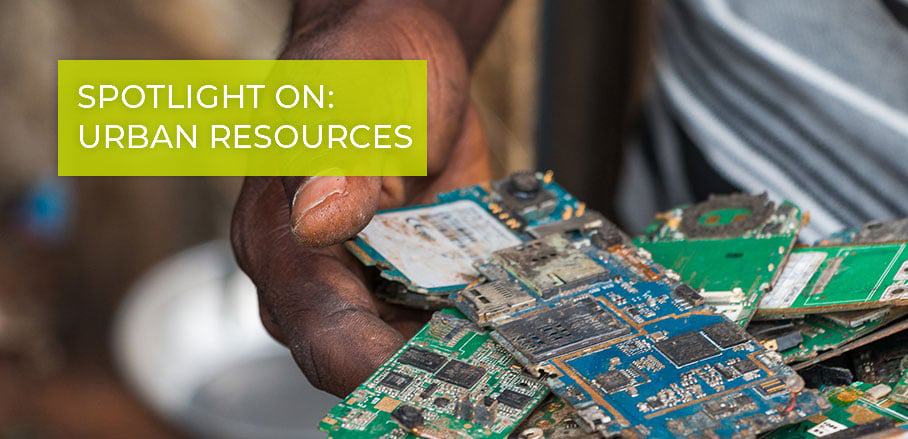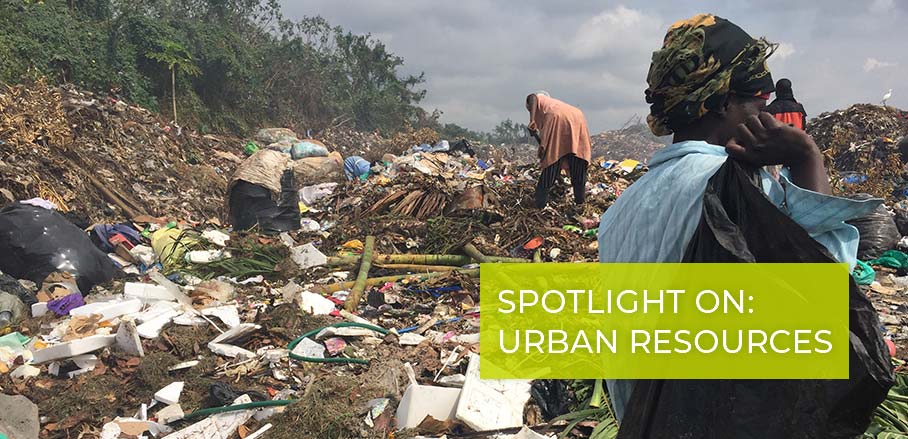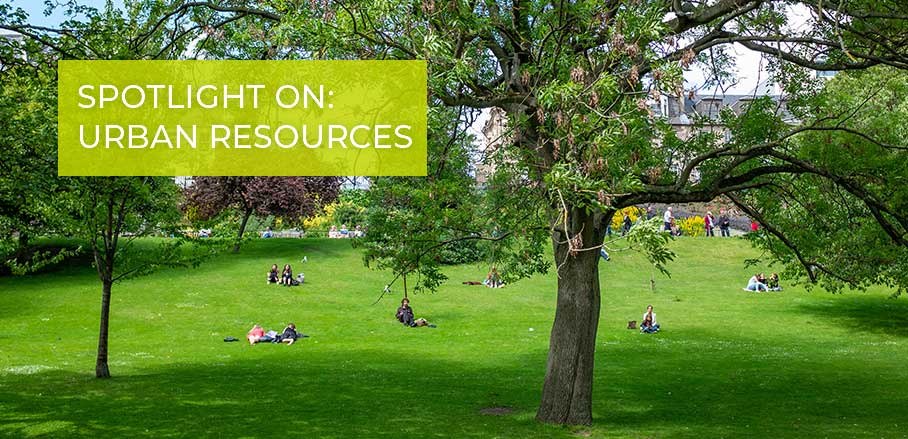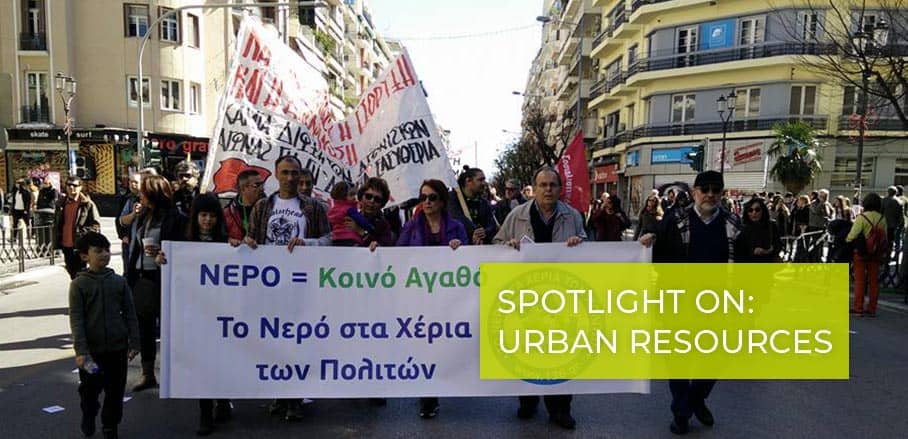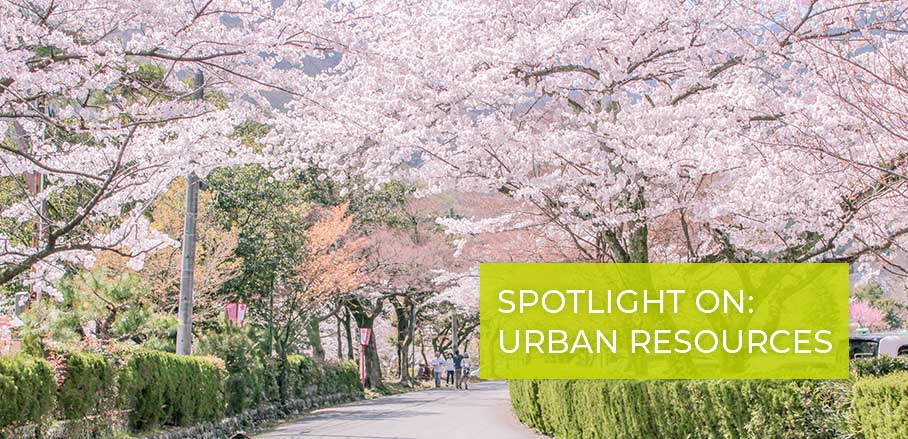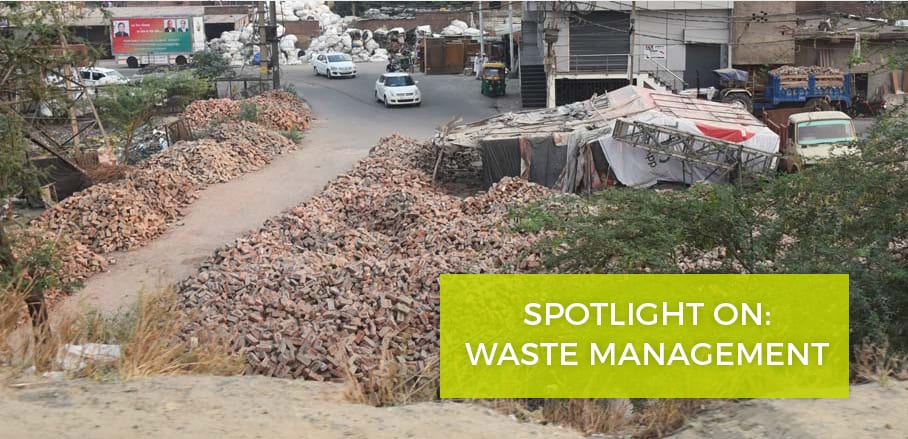Making Cities Inclusive for Marginalised and Climate Vulnerable Populations
The world today needs solutions, to eradicate poverty in a holistic and sustainable manner. They lie in better technology, affordable finance, and induced market linkages. All these are factors that can be incentivised through city governments, argue Huda Jaffer and Nirmita Chandrashekar, emphasising that the poor should be part of the solution and not the problem.
